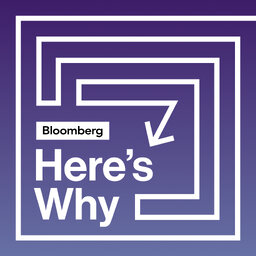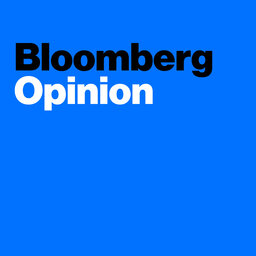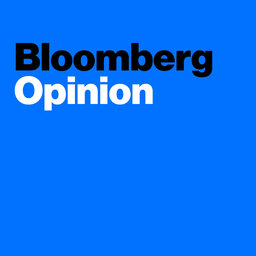Biden's Missed Oil Opportunity and CDC Mistrust
President Biden promised to refill the Strategic Petroleum Reserve when oil prices reached a certain threshold. It hit that level, and Biden flinched. Now, he'll pay for it, says Liam Denning, columnist with Bloomberg Opinion. Liam joins us alongside columnists Justin Fox, Faye Flam, and Beth Kowitt. With the Bloomberg Opinion team, we examine New York City's COVID rebound, the CDC's attempt to re-establish trust, and what "workaholism" means for women. Amy Morris hosts.
In 1 playlist(s)
Bloomberg Opinion
Deeper conversations on the week's most significant developments. Tune in and join in!Social links
Follow podcast
Recent clips

Introducing 'Here's Why' - Complex News Stories Explained
00:30

Airline Mergers and Restaurant Loyalty
35:20

Fossil Fuel Use and Drug Development
35:28
 Bloomberg Opinion
Bloomberg Opinion